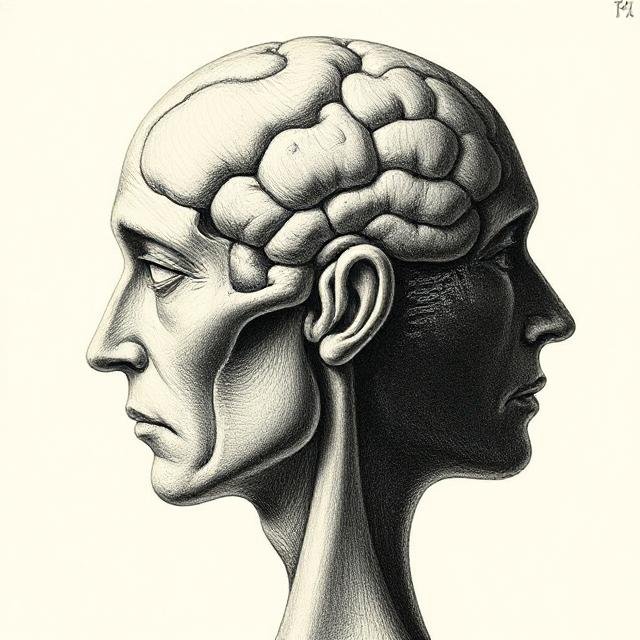What Is Personality Psychology?
Personality psychology explores how individuals differ in thinking, feeling, and behaving. It seeks to answer questions like:
- Why do people react differently to the same situations?
- How stable are personality traits across a lifetime?
- How much of our personality is genetic vs. shaped by environment?
According to the American Psychological Association (APA), personality refers to enduring patterns of thoughts, feelings, and behaviors that make individuals unique (APA, 2023).
Major Theories of Personality
Over the years, researchers have developed several influential theories to explain personality.
Psychoanalytic Theory
- Originated by Sigmund Freud
- Focuses on unconscious drives and early childhood experiences
- Introduced concepts like the id, ego, and superego
Although less dominant today, Freud’s ideas paved the way for modern psychodynamic theories.
Trait Theory
- Centers on measuring consistent traits (e.g., openness, conscientiousness)
- The Big Five Model (OCEAN) is one of the most researched frameworks:
- Openness to Experience
- Conscientiousness
- Extraversion
- Agreeableness
- Neuroticism
Trait theory is widely used in research, clinical settings, and workplace assessments (John & Srivastava, 1999).
Humanistic Theory
- Emphasizes free will, growth, and self-actualization
- Key figures include Carl Rogers and Abraham Maslow
- Highlights positive aspects of human nature and personal fulfillment
Social-Cognitive Theory
- Founded by Albert Bandura
- Suggests personality is shaped by:
- Observational learning
- Cognitive processes
- Social experiences
- Famous for the concept of self-efficacy
Why Personality Matters
Understanding personality has practical benefits:
✅ Improves mental health treatment plans
✅ Predicts job performance and satisfaction
✅ Enhances relationship compatibility
✅ Helps individuals understand themselves and others
Research shows that personality traits correlate with life outcomes, including health, income, and even longevity (Roberts et al., 2007).
Modern Research and Tools in Personality Psychology
Advancements in psychology and technology are transforming how we study personality:
- Personality assessments like the NEO-PI-3 provide reliable trait measurements.
- Neuroscience research links brain structures to personality traits.
- Cross-cultural studies explore how personality varies globally.
- AI and machine learning analyze language and behavior for personality insights.
Applications of Personality Psychology
Personality psychology impacts multiple fields:
- Clinical psychology: Guides diagnosis and treatment planning.
- Organizational psychology: Used in hiring, leadership development, and team building.
- Education: Helps tailor learning strategies to individual differences.
- Forensic psychology: Assists in profiling and understanding criminal behavior.













